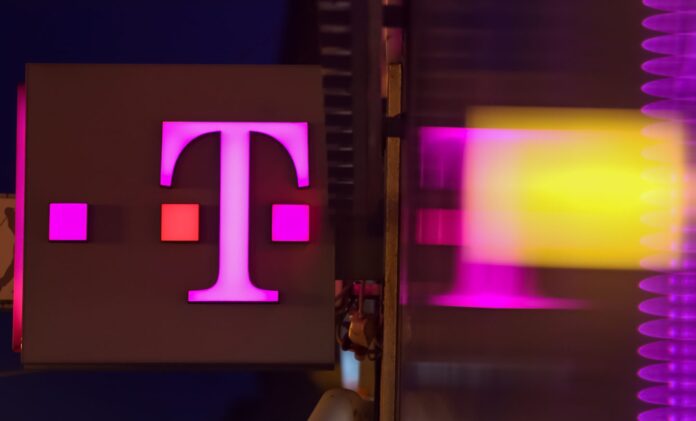India-based IoT provider Quantela has signed a deal with T-Mobile in the US to bundle the carrier’s cellular IoT airtime with its smart-city solutions. Quantela is focused on cities and utilities in the US, it said, particularly in the smart street-lighting space.
The firm said the partnership will enable a more competitive IoT offering in the U.S. market. Quantela’s NB-IoT street light controllers will be connected to T-Mobile’s NB-IoT network in the US. Its management platform offers reduced capital and maintenance costs for street lighting networks, it reckons, via lower energy consumption and truck-rolls, as well as greater network security and coverage versus non-smart LED lights.
At the same time, the partnership will enable T-Mobile to expand its existing IoT portfolio, said Quantela, to give their customers a unified command and control platform to connect and manage data across sundry IoT assets.
Amr Salem, chief executive at Quantela, said: “This strategic alliance helps us enhance and accelerate penetration of NB-IoT streetlight controllers managed through Quantela software, further strengthening our position as a leader in the smart lighting market. Additionally, we can grow our software footprint through T-Mobile’s existing IoT customer base who are looking for a unified smart city platform to manage their data and more importantly use that data to deliver greater economic, environmental, and societal outcomes for their communities.”
Recently, T-Mobile US announced the launch of its first IoT developer kit, to provide developers a means to connect to its network. The kit is available through T-Mobile DevEdge, the carrier’s self-serve developer platform. Its strategy, as per the wider IoT market’s strategy, is to “democratize access” to its IoT network by making it “fast, easy and simple for any developer to create connected solutions.”
T-Mobile’s IoT developer kit includes a software development kit (SDK), built on the Zephyr real-time operating system. The offering includes Bluetooth and Wi-Fi functionality to provide flexibility. In September, it launched broad IoT solution suites for retail, manufacturing, logistics, and smart cities solutions, comprising connectivity, compute, devices, and applications.
It commented: “[We] source and manage all the connectivity, compute, devices and applications needed from the network core to a heat mapping sensor on the retail floor.” The U.S. carrier said the new suite would initially cover four “major early adopter categories” like logistics, manufacturing, retail and smart cities, with plans to expand to new sectors in the future.

